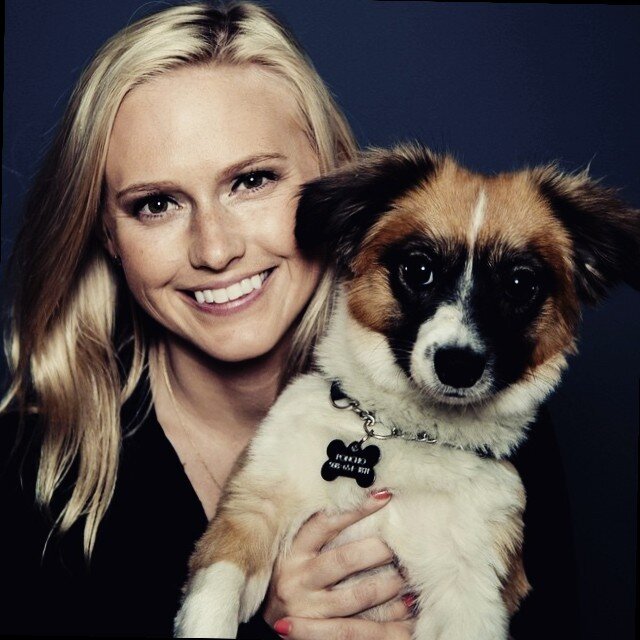The “ignore your intuition” movement

One of the biggest challenges I face as a user experience researcher & strategist is evangelizing. Not only am I evangelizing the users’ perspectives, but I’m evangelizing the practice of user research, my role, my value, my passion. This is what happens when you are part of a relatively new niche or field. You have to be okay with justifying your career and what you could, potentially, bring to the table. Until others experience the pain that your role intends to soothe, it is hard for them to see your worth. But, I digress.
What I am constantly seeing, in lieu of user research, is this notion of “following our gut” and hoping for the best or an assumption that users/customers already like the product, whether they sat down and confessed this or not. When a company is getting money from customers, that is a telltale sign the product is enjoyable, usable, functional, right? As wonderful as that may sound, it’s wrong.
Oftentimes, companies or employees are reading into the wrong signs that a product is performing well. If you occasionally reach out to your users and, when you get them on the phone, or sit around a table, they tell you all is great with your product, I can promise you, the right questions are not being asked or discussed. Or, you are not listening carefully enough. I’ve had many users tell me, “oh everything is really great, I love this, but there’s just this tiny problem when…” Guess what? That tiny problem, if probed and explored, usually ends up being a huge inconvenience for the user and, generally, leads them to point out other issues, big and small.
People like to be liked. Not many people, even users of your product, want to sit there and bash you, making you feel like an idiot for thinking you could ever solve a problem. Users will sometimes frame pain points in a way that may not even be noticed, especially if you are like every human being and have a bias towards your product succeeding. The beauty of social desirability is evident in almost every product.
Even in this data-driven, iterate-friendly tech world we are living in, there are still many people and companies making decisions based on what they think would be best for the user, or their intuition. Yes, if you are a daily, frequent user of a specific app (that you do not own/design/have any stock in), you have every right to make suggestions, comments and give feedback. However, if you do any of the above, own, design for, have stock in, a product, you should not be the driving voice behind user experience or user interface decisions.
So, what can be done?
Test. Not you, someone else, anyone else. I constantly caution against designers/product managers testing their own designs…as seasoned as one may be in research, bias and misunderstanding is bound to show up if testing something you created yourself, or even something you wanted someone to create.
That is the value behind having a user researcher — our feelings don’t get hurt when someone mentions a crappy design/experience, but, instead, we try to understand why they feel that way. I don’t mind which experience they prefer or if they are “mean” to me and say how terrible of a product I am representing. Hell, I don’t even have an intuition to follow when it comes to conducting research. I, personally, don’t care if a user hates something…those words are almost equal to if they jump for joy and tell me they love a product. Love it or hate it, I just care to know why, so I can be equipped with the information necessary to bring about valuable change.
We want to get through to their mental model and, as researchers, we have the training and space to do so. Even if you aren’t a user experience researcher, if you can take a step back, you are closer to where you need to be to properly moderate and evaluate research. We are one step removed, and that step allows us to accurately bridge the gap between the customers and the product, and to give users the loud, booming voice they deserve.
Why cross your fingers and hope for the best when you can gain access to the knowledge allowing you to build the best?
Originally published at productherapy.com.
[embed]https://upscri.be/50d69a/[/embed]
